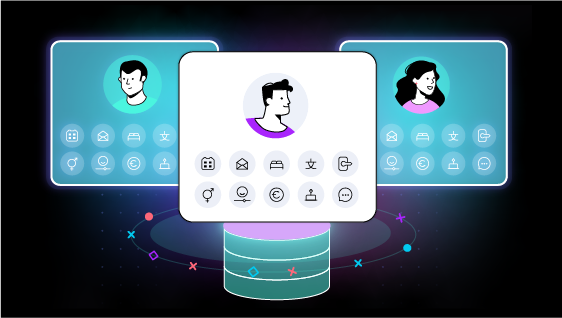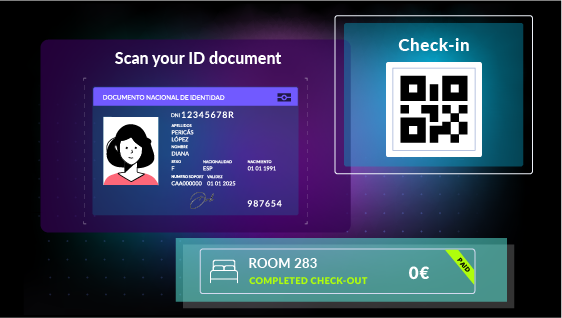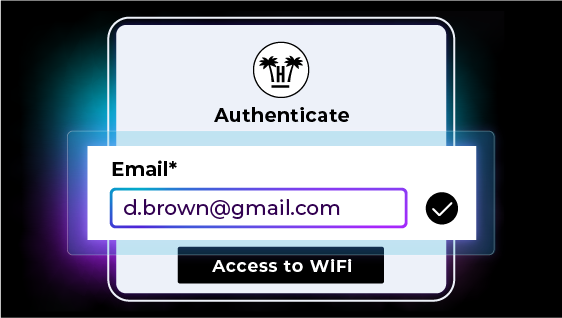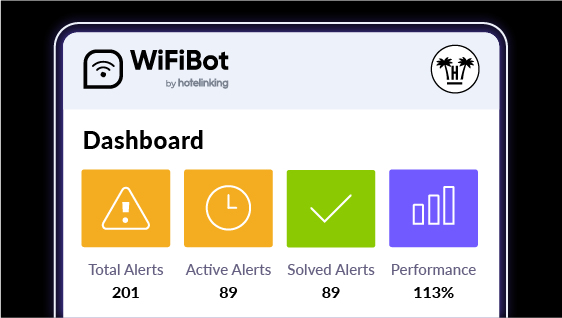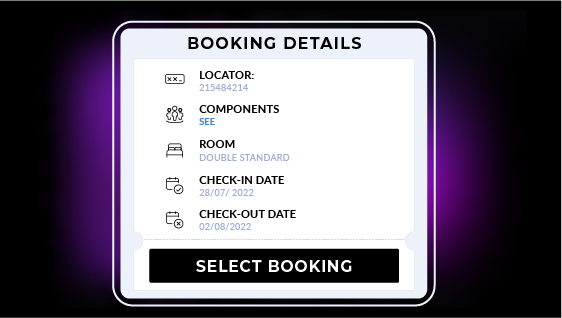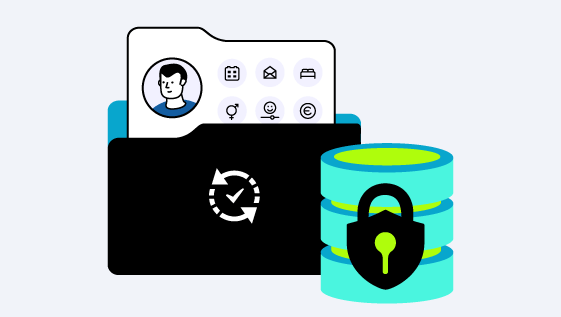
Fermín Carmona (Hotelverse): “To reduce the use of intermediaries in bookings, it is essential that hotels understand their guests’ purchasing process.”
Fermín Carmona has more than 20 years of experience in the tourism sector and is now CEO and co-founder of Hotelverse, a technology company that aims to revolutionise the hotel room booking process and improve guests’ digital experience.
Hotelverse specifically focuses on the creation of digital twins for hotels, using API: it builds an exhaustive digital replica (or twin) of each hotel, which is hosted in the hotel chain’s e-commerce. It is therefore possible to significantly improve the browsing experience, using filters and options to adapt the visualisation of the hotel to each guest’s needs and wishes.
Carmona’s professional career includes collaboration with renowned national and international hotel companies that have given him a holistic vision of this changing market. He has held various Senior Management positions, where he had the opportunity to lead and innovate, working on more than 200 projects in the Operations, Research and Product Development, Guest Experience, Analytics, Marketing, Sales, Distribution, Revenue Management and e-Commerce departments.
Before launching his own business with his partner Rafael Bover (current COO of the start-up), he collaborated with Grupo Iberostar. Hotelverse actually emerged within this hotel chain as an inter-entrepreneurial project to solve the problem of significant use of intermediaries in sales, and to improve the web conversion rate.
How did the idea come about?
Hotelverse was founded just before the pandemic, at the end of 2018, in response to one of the biggest problems that the hotel industry was facing: the significant use of intermediaries in sales, boosted by the deployment of the Internet and the growth of online comparison sites. Rafael Bover (co-founder and COO) and I worked as executives for the Iberostar Group and came up with the idea of developing a proposal of value that online travel agencies (OTAs) cannot replicate.
We are committed to redefining the guest experience and merging operational and commercial processes. After the pilot in a hotel within the group and observing the high metrics obtained, we began to expand the technology to more of the company’s hotels. The results in terms of conversion (with 30 % growth) and the average ticket exceeded expectations. In addition, 92 % of customers said they preferred the new booking experience. In 2021, we decided to launch the idea to the market as a product in itself, so that hotel owners would not have to change neither the booking engine nor the PMS to work with it.
What is the value proposal of Hotelverse?
Hotelverse offers a different experience when a future guest makes a direct booking, going beyond conventional websites decorated with photographs and text. We created Hotelverse to revolutionise the hotel room booking model and pre-trip services, improving the experience that hotel chains offer their guests.
To do this, we developed a replica or digital twin of the hotel, which is integrated into its own website using API technology. This system allows the user to discover the hotel, all its spaces, rooms and surroundings in detail during the booking process. The display can be adapted through a multitude of filters available to the guest (such as views from the room or location within the hotel), allowing them to find the perfect room and book it.
It is completely different from the traditional booking model. With Hotelverse, guests can discover the exact room that they will be staying in and create a tailor-made stay for the first time ever. The hotel can promote the rooms’ value and assign each one an individual price according to its individual features.
Hotel owners can add as much or as little to the digital twin as they want. This might include information on the property’s facilities (e.g., the restaurant or spa) or on its sustainability measures.
What options does it offer the hotel, in addition to transforming the room booking process?
Hotelverse offers a clear benefit that makes it stand out from other sites, becoming a different and valuable booking channel for guests. It therefore boosts the volume of direct bookings by eliminating third parties, thus increasing the volume of profits. Hotelverse returns the value to the product variable, faced with strong price differentiation, which has been a battle for consumers in this market.
The digital twin acts like a window display, showing off the hotel in its entirety. All this brings two additional benefits, which contribute towards decreasing the use of intermediaries in sales. On the one hand, more superior rooms are booked. As the guest has the option to acutely personalise their trip, they are more willing to increase their initial budgets. On the other, the cross-selling of complementary services, such as sunbed reservation, is promoted. With all this, we try to ensure that our product is perfectly tailored to each hotel’s needs.
How many hotels already have or have requested their digital twin?
We currently work with 150 hotels in different hotel chains such as Grupo Iberostar, H10 or Hard Rock. We are growing exponentially, and we estimate that 1500 hotels will be using our technology in 2023.
This tool is for hotel owners, but is it available to all hotels? Who is the target customer?
Yes. At first, we started with a very focused target such as all-inclusive resorts, but as we have grown, we have seen a greater demand for it, and the product can be adapted to all the different types of hotels perfectly. Nowadays our work focuses on holiday hotels such as resorts and urban hotels that stand out, such as those with unique architecture, 5-star hotels or accommodation in privileged settings.
One of the great advantages of Hotelverse is that it works with API technology. With this, it is possible for any hotel to incorporate and implement Hotelverse very quickly, regardless of the systems they use internally.
Why would you recommend this technology to a hotel?
Seven out of ten bookings are made through third parties, and this directly affects the hotels’ revenue. On average, comparison sites keep 20 – 25 % of the total amount charged for each booking. This means that from a booking worth € 1,000, the hotel loses € 250 of it.
For years, the industry has been implementing different measures to try to reduce the high rates of intermediary use that they have to contend with. However, the results have not been as expected.
Another of the sector’s initiatives is digital marketing, including advertising on Google or on other websites. It is estimated that hotels invest between 7 % and 10 % of the revenues of their direct channel in this type of campaign. However, once again, this does not translate into a real return on investment. Most of the visits that hotels receive to their websites come from third-party sites (such as comparison sites) and not from their own ads.
In order to take effective action, it is essential that hotels understand their potential guests’ purchasing process. In most cases, users conduct an initial search using a comparison site or search engines to browse the different options. They then consult the chosen hotel’s website. If it does not offer them any extra perks, many guests do not choose to formalise their booking on it. It is precisely for this reason that some hotels try to convince future guests to book on their own website by offering them additional discounts, accepting any potential loss of profits.
The real solution is to offer users additional perks, inviting them to book through the hotel website. This does not involve offering a lower price. This is what Hotelverse achieves. The hotel website becomes an additional value, allowing you to choose the exact room, customise your stay and know what you have booked in detail.
To what extent does Hotelverse help hotel owners boost their direct bookings?
Hotelverse transforms the hotels’ websites, offering users an added value that the OTAs cannot replicate. When a user consults the website of a hotel that they are interested in. After an initial search, Hotelverse technology offers new possibilities that invite them to book directly.
How does it affect the relationship with other distribution channels and other hotel technologies?
With respect to other distribution channels, the hotel ceases to be the weakest actor, and becomes relevant for its contribution of value. This means that it regains control of its inventory, giving power back to Reception and therefore becoming a stronger competitor.
What about the user? How have guests responded?
It directly benefits them. Hotelverse offers users added value, which other channels do not: complete information about the product they are booking and the ability to customise their stay completely.
One of the shortcomings of the hotel industry regarding digital consumption is precisely this. A “bulk” booking model has been extended by room category, where the user does not have much information about what they are purchasing. I like to give the example of how retail does it and the experience offered to a consumer when they buy a pair of shoes. This purchase process is designed so the user can discover the product in detail. There are images of the shoes from all angles, you can zoom in, turn them, learn about how they are made and even customise them. In the hotel and the airline industries, the process is completely different. It is not an easy shopping experience, and it is also very imprecise. The customer purchases a product, and in most cases, they do not know exactly what it will be like until they are handed their key card upon arrival.
Hotelverse transforms this and aligns the hotel booking experience with the model offered by retail. Using the hotel’s digital twin, offered on its own website, the user can fly over the accommodation and adapt the display using multiple filters, such as bed size, room location or views from the window. In addition, you can tour all the facilities, book complementary services (such as spa, solarium and restaurant) and learn about other details of the hotel, such as its sustainability initiatives.
The guest therefore starts their trip before their holiday starts, from the sofa of their house. 9 out of 10 rate this experience as better than what traditional sites offer.
What are the future prospects of the company in terms of development, growth, etc.? Is the metaverse among them?
In terms of the future, we are ambitious. We have a good product, which is so far unique in the market, meeting a need that has been bothering the industry for years. By 2023, we expect to be working with more than 1500 hotels. We will also grow internally. Right now, we have a team of 30 people, but by the end of the year we will have 60. We also have new capital raises in mind that will help us achieve all of this.
Regarding the metaverse, it depends on the ambitions of each hotel and the industry in general. Hotelverse currently offers hotels the digital twin and the technology they would need to be able to be in the metaverse, although the given use is not this in most cases.
